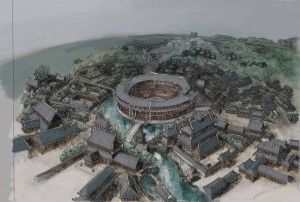 Xin’s Crows have reached a bastion of civilization after their long journey through the wilderness. The port city offers many opportunities and many dangers. Vo needs a line of credit to pursue her destiny, which requires gaining the trust of the bankers. This means dealing with a group of pirates and their island lair. The risks are great but so is the potential profit. But before they leave, each Crow has their own issues to deal with – from personal intrigue to religious conflict. A new chapter begins for the Crows!
Xin’s Crows have reached a bastion of civilization after their long journey through the wilderness. The port city offers many opportunities and many dangers. Vo needs a line of credit to pursue her destiny, which requires gaining the trust of the bankers. This means dealing with a group of pirates and their island lair. The risks are great but so is the potential profit. But before they leave, each Crow has their own issues to deal with – from personal intrigue to religious conflict. A new chapter begins for the Crows!
Podcast: Play in new window | Download (Duration: 3:16:34 — 90.0MB)
Subscribe: RSS


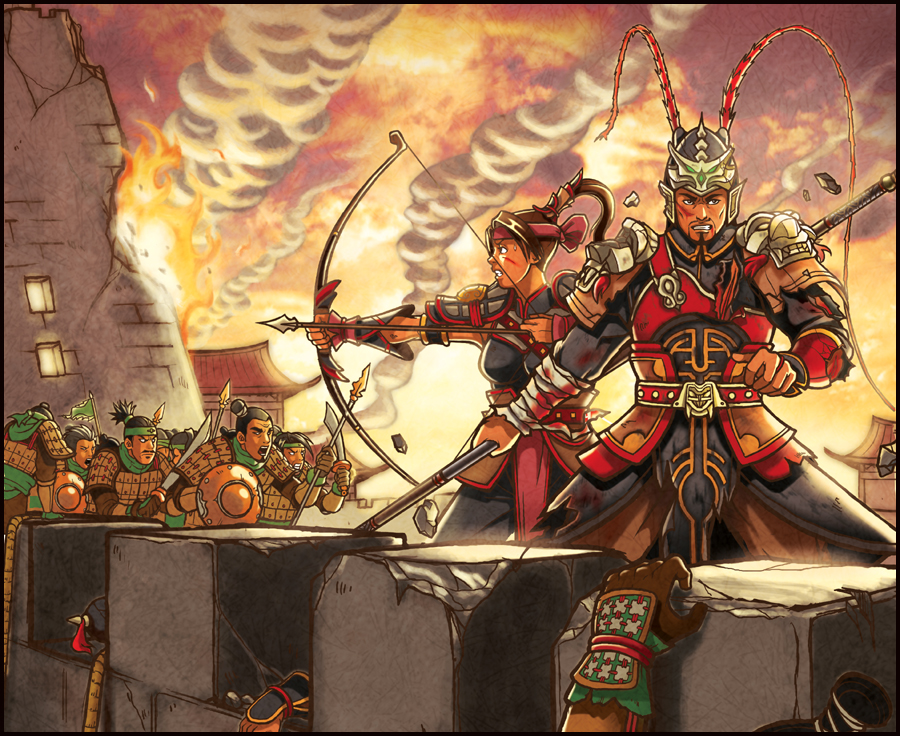
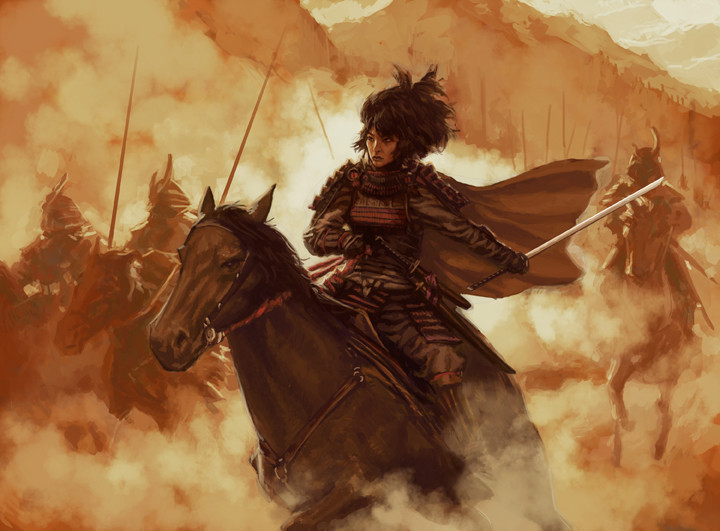
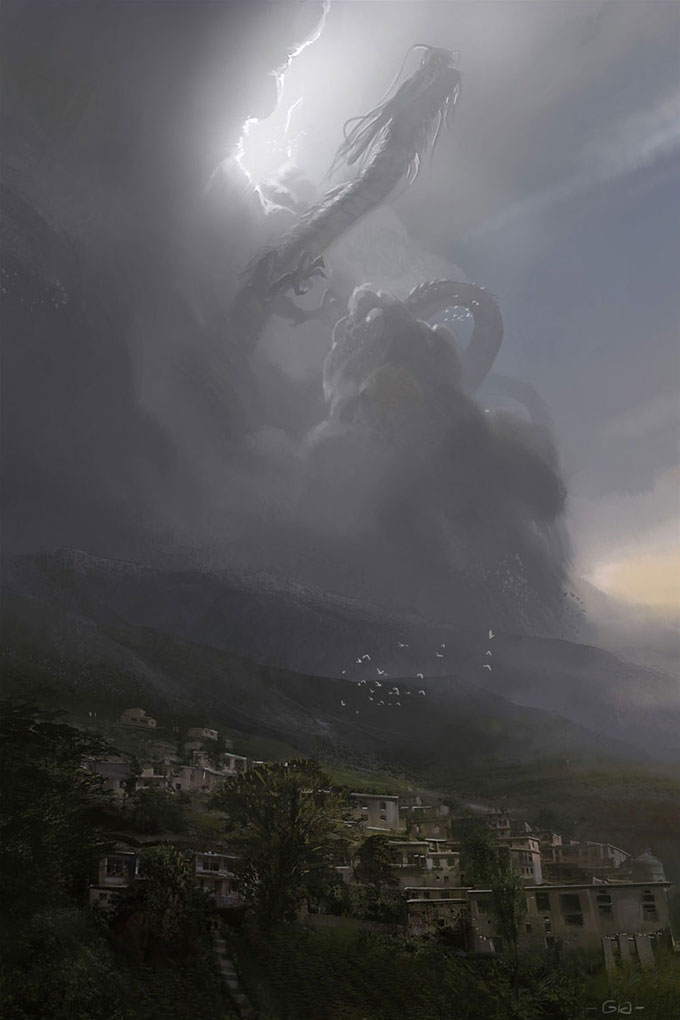
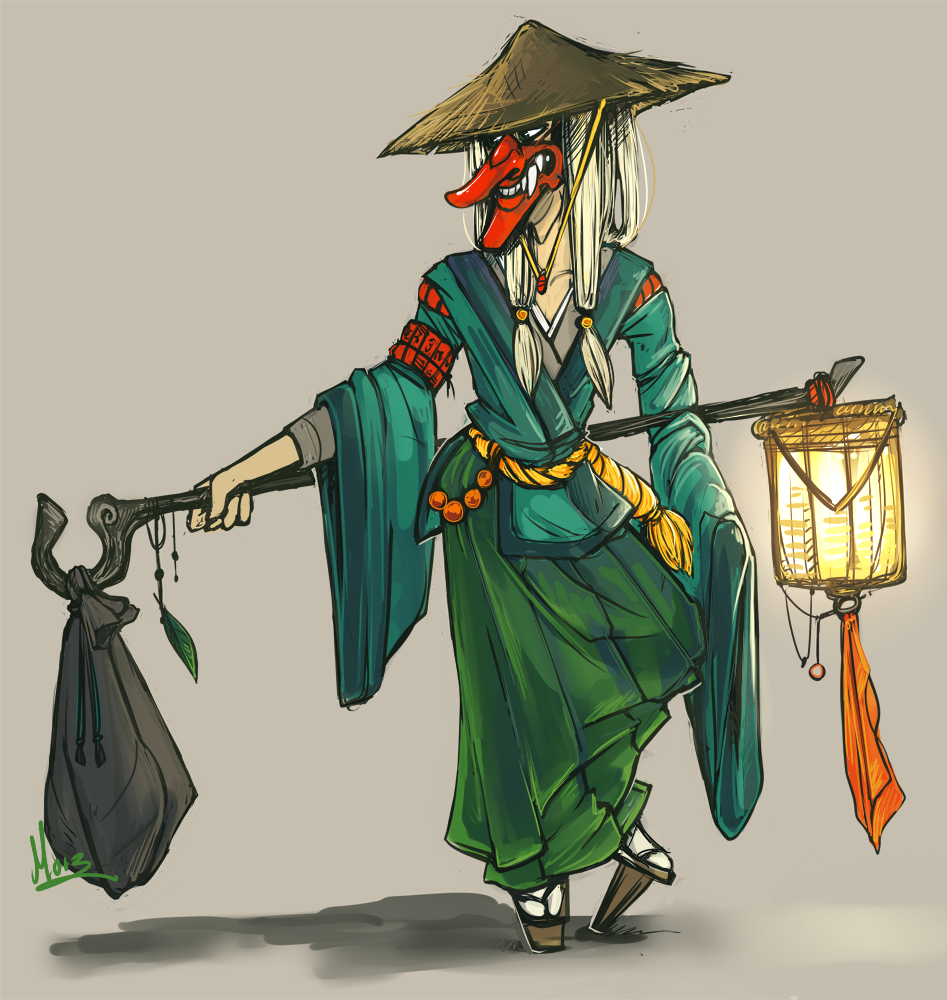
Having reached the betting scene I feel compelled to point out that you are figuring odds wrong.
A bet of 2 on 3-1 odds pays back 6 PLUS the original bet (so 8 total). If betting did not work this way then bets of 1-1 or 1-2 would not give you a profit, despite the fact that you won.
That religious stuff is pretty interesting. Thought Nishara was just a generic fertility goddess for some reason. Is your cult like the Thuggee sects, where murder is a sacred ritual, or is it like the sicarii or hashishin where it has taken on a political purpose? Or is it simply to feed an ever hungry goddess, like the mesoamerican sacrifices?
You planning on becoming the old man of the mountains?
David, my original intent when developing Neshara was to take Christian theology and alter it with a female-centered worldview, rather than the male-dominated view of Christianity. In this manner, I wondered what would happen if men were subjugated as women were in the Bible. Hence, women became the spiritual leaders, while men assumed roles of subservience to women. Men were wed to Neshara, and as her earthly representation, the female form. Thus, striking out at a woman was striking out at the goddess herself. Also, as seen with some female deities and fertility goddesses, I made it a point to show that Neshara was the life-bringer, or the mother of all creation. But I wanted Neshara to represent the full circle of life, so I incorporated death into her spheres of influence. In this way, you might also see some similarities with Shiva and Kali from Hindu mythology. I took some from each, namely the darker aspects of Kali. As for Thuggee sects, sicarii, or hashishin, I don’t have much knowledge in those areas, so any similarities is purely coincidental.
But they don’t regard murder as a sacred ritual. While the followers of Neshara believe in preserving life at all costs even at the cost of another life (i.e. killing to save an innocent or in self-defense), they despise murder. Ja’Qim’s assassinations were directed by the goddess herself, or so he was led to believe. His order within the church was given a sacred duty to expunge the impure elements from the world, specifically those who had greatly disgraced the gift of life bestowed upon them by Neshara. Hence, why he was selected at such a young age. By killing his biological father (a rapist and a selfishly cruel merchant) and his grandfather (for casting out his daughter), Ja’Qim was fulfilling the wishes of Neshara without even realizing it. She doesn’t thirst for their deaths, but mourns the life they’ve chosen to lead.
Finally, as for the old man on the mountain, you’ll have to wait for the final episode. No spoilers, but I will say I certainly didn’t expect the ending I was presented with…
Also, sorry for not replying sooner. I’ve been up in KC for some time and haven’t checked the site in a while.
Brilliant campaign so far! Loved the Mandate of the Land in the swamps. Ross is a Master Storyteller. Thank you RPPR.